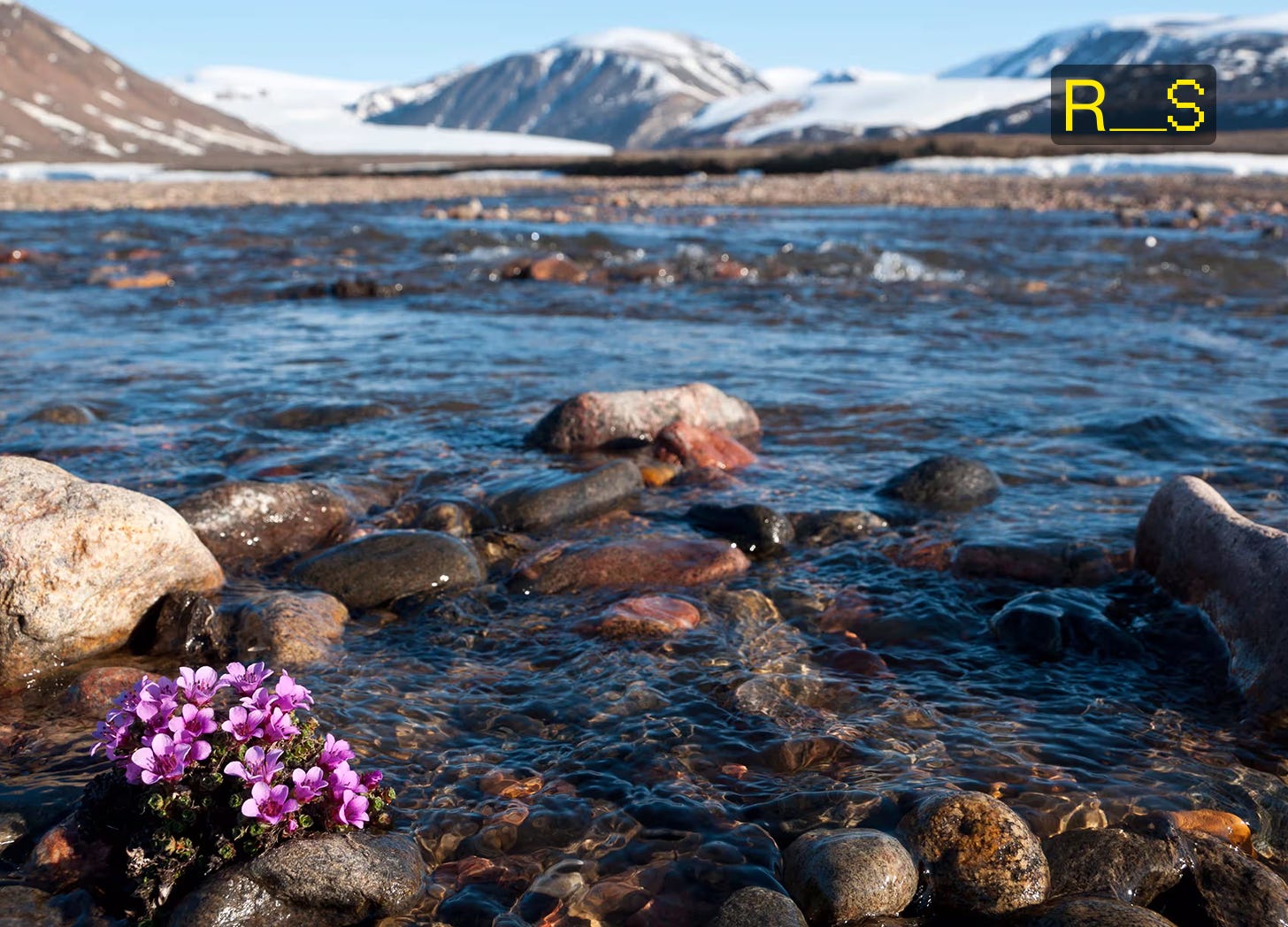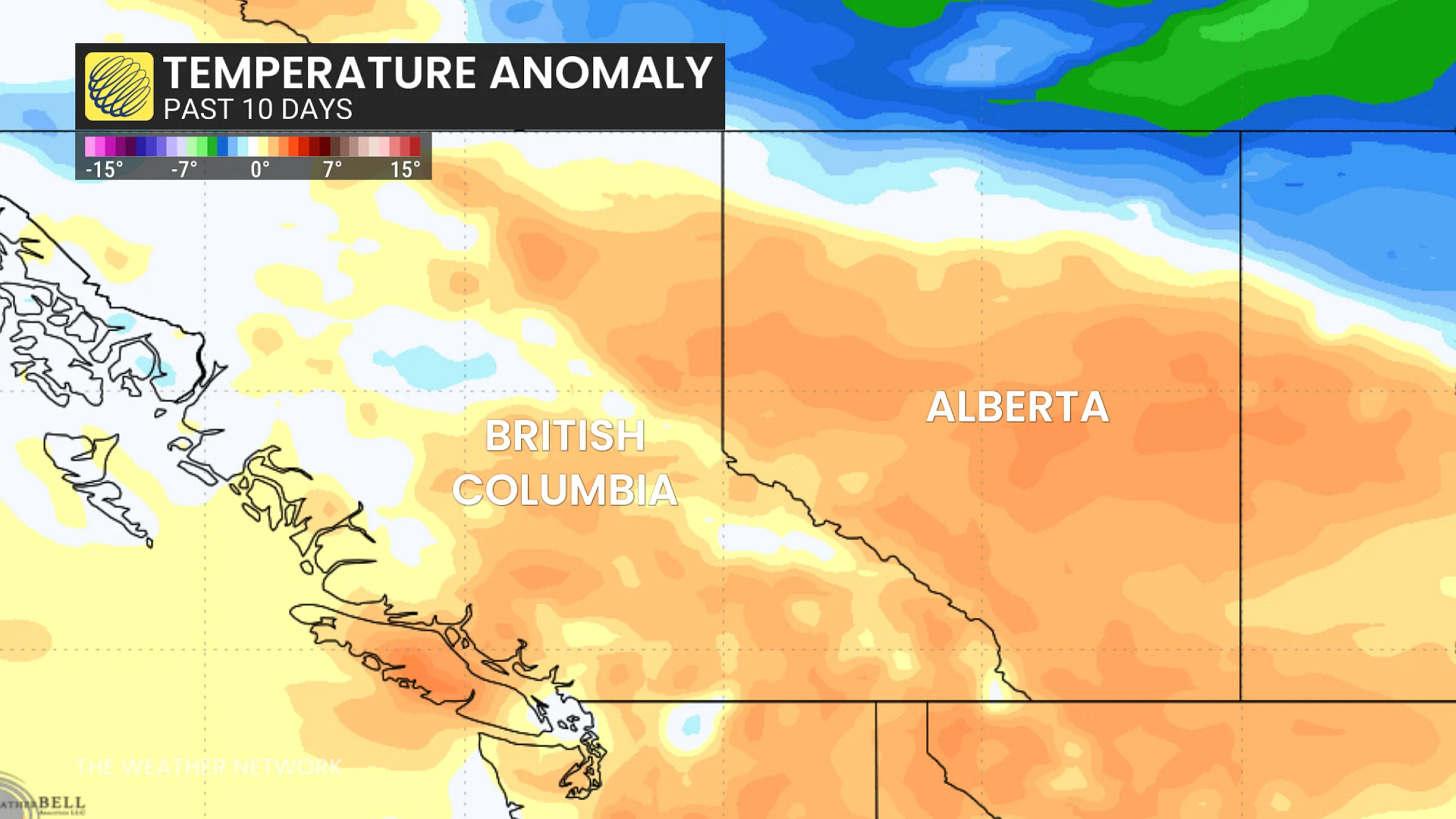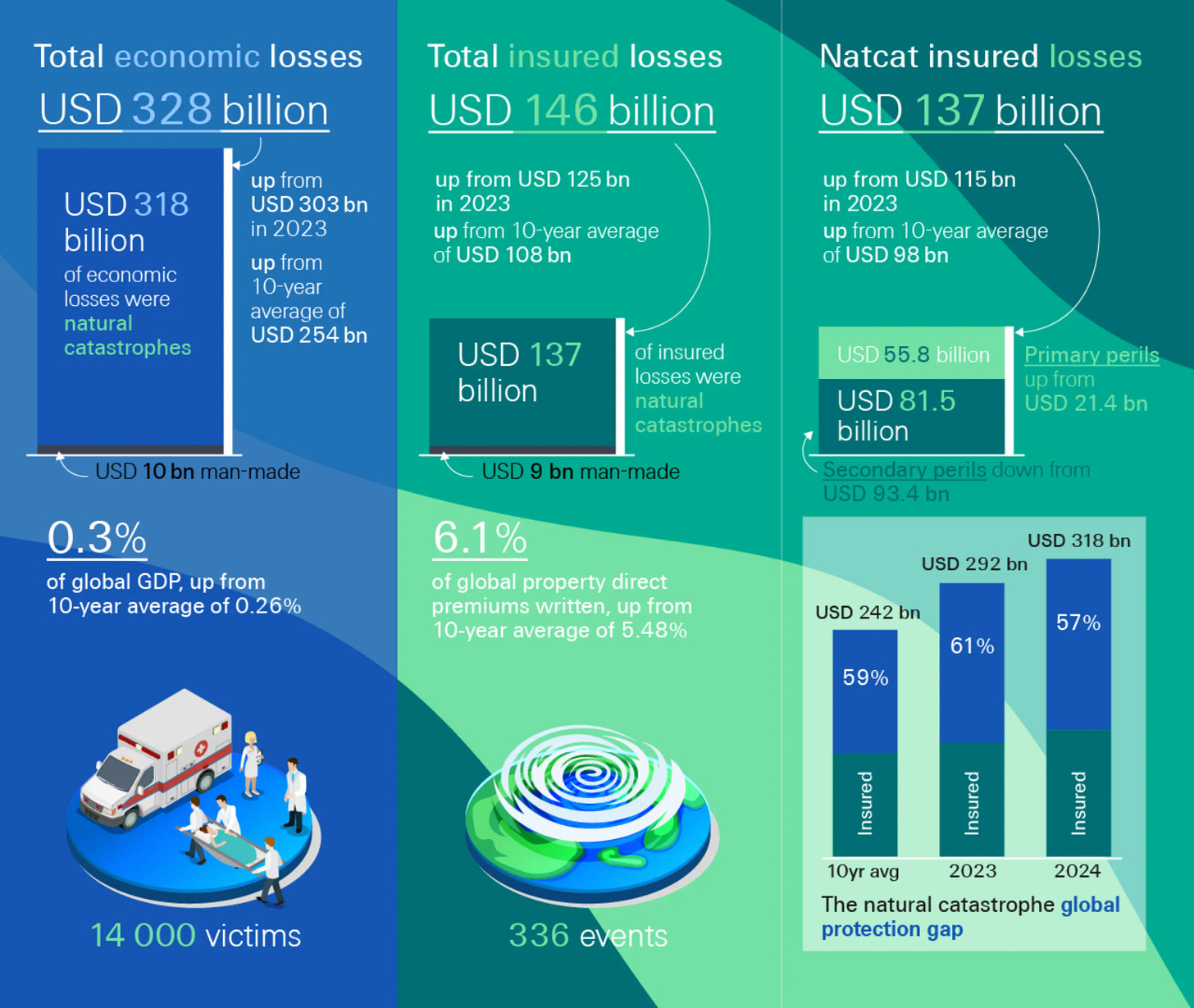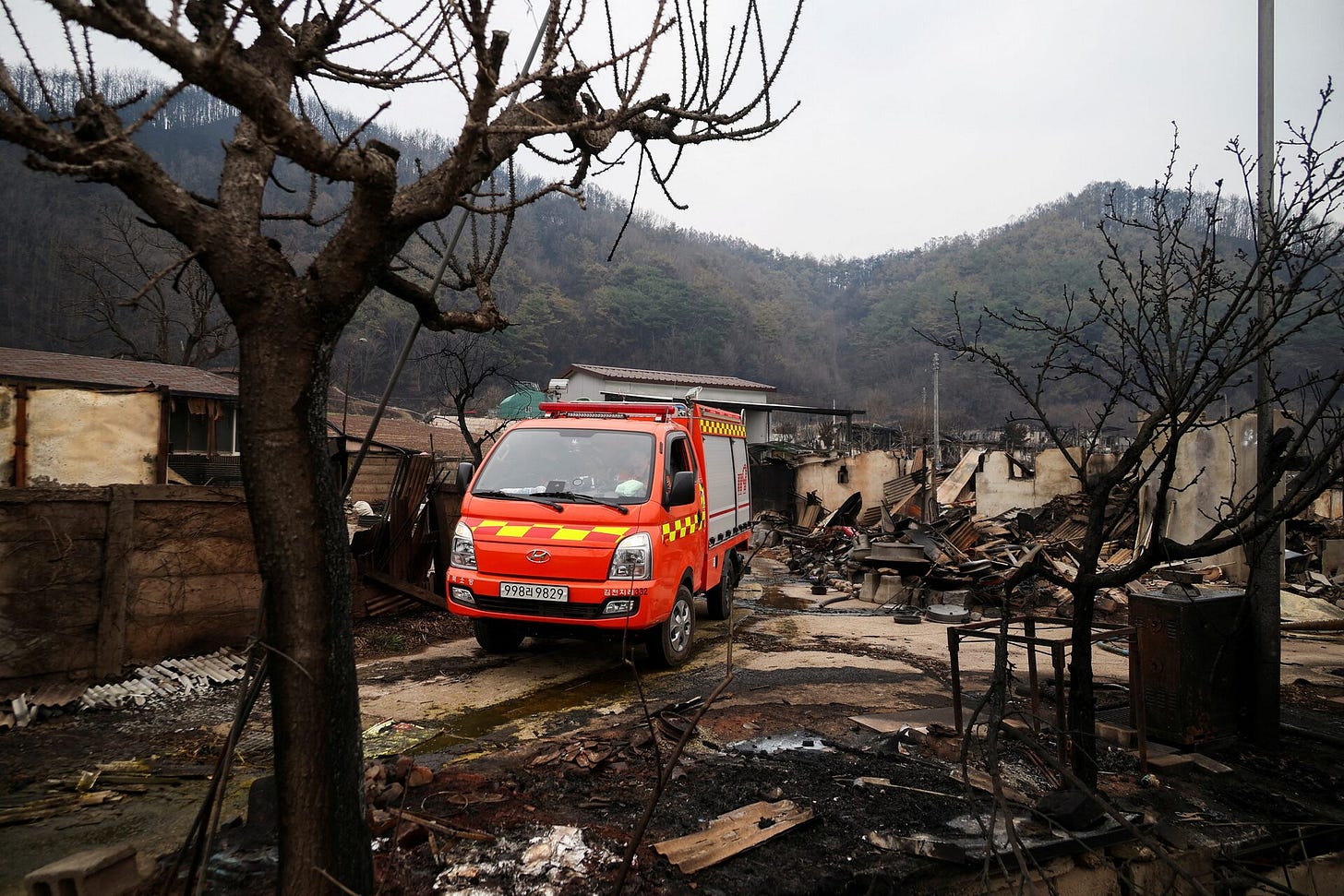Hot Planet Update: DOJ Attacks States, EPA Gutted, Canada's Early Wildfire Season, Climate Disasters Projected to Cost $145B in 2025, 'Early Warning' in Arctic Tundra, & More
A roundup of what happened, why it matters, and key context for climate change news during the week of April 27-May 3.
Welcome to “Hot Planet Update,” a series on Reality Studies that recaps the biggest news in climate from the last week. Using a “smart brevity” format, Last Week in Climate recaps are designed to keep you up-to-date on the latest news and provide key context.
The first half of each HPU is available for free subscribers, and the full post is available to paid subscribers. Subscribe now so you never miss an installment!
1. U.S. justice department attacks state climate lawsuits
👉 The Trump administration moves to snuff out climate litigation by states, calling their efforts an unlawful overreach.
The Justice Department sued four Democratic-led states—including Hawaii, Michigan, New York, and Vermont—aiming to block their new climate laws and lawsuits against oil companies. The DOJ argues these state actions interfere with federal authority and energy policy.
Federal officials call the state efforts “burdensome and ideologically motivated,” claiming they threaten America’s “energy independence.” An executive order on President Trump’s first day declared a national energy emergency to roll back climate rules and halt such litigation.
In a chilling effect, Puerto Rico dropped its climate lawsuit against Big Oil just two days later, after Trump’s DOJ signaled it would quash these cases. State attorneys general vow to defend their laws, saying polluters must pay for climate damages.
Why it matters: This unprecedented federal intervention could shut down a “wave of frivolous” climate lawsuits, in Trump’s words, shielding fossil fuel companies from accountability. It highlights a fierce power struggle over who can hold polluters responsible—with potentially huge stakes for climate justice and state authority.
MUD\WTR: Right now, get 30% off on starter packs using this link.
There’s four different adaptogen blends to choose from, but my current favorite is :rest, which helps me ramp down from long days and feel ready for sleep.
2. EPA science office gutted as staff brace for deep cuts
👉 U.S. environmental scientists face mass layoffs and halted projects as the EPA prepares an unprecedented rollback of research capacity.
The Environmental Protection Agency’s Office of Research and Development (ORD) is slated for closure, with internal plans to lay off up to 75% of its 1,200 staff. President Trump wants the EPA budget slashed by 65%, eliminating climate research and “environmental justice” work.
Scientists say critical projects are already stalled or cancelled due to budget freezes and uncertainty. An innovative EPA drone-based smoke sensor—used to study wildfire pollution—has been grounded as key team members face layoffs.
Morale at the agency has plummeted. “Every day we feel like the rug could be pulled out from underneath us,” one veteran EPA researcher said, as colleagues struggle to focus amidst looming job cuts. Entire research teams (e.g., on toxic PFAS chemicals and climate-linked diseases) have suspended work.
Why it matters: Slashing the EPA’s science core threatens to “undermine scientific integrity” and leave states ill-equipped to deal with pollution and climate risks. Experts warn the U.S. is abandoning its leadership in environmental R&D—a 40-year EPA veteran said this administration is “just blowing things up,” sidelining science that protects public health
3. Canada’s wildfire season ignites early amid warm, dry weather
👉 Unseasonably high temperatures and winds sparked an outbreak of spring wildfires in Western Canada, weeks ahead of the usual peak season.
British Columbia officials reported 26 active wildfires as of May 2, including two large blazes burning out of control. One fire near Fort St. John in northeast B.C. swelled to 56 hectares and forced temporary evacuations of residents. Another fire (185 hectares) threatened communities near Dawson Creek.
Authorities warned that “unseasonably warm, dry and windy conditions” have created elevated fire risk well before summer. The government urged the public to halt all open burning and to report any wildfire, big or small, hoping to catch new blazes early.
This comes on the heels of Canada’s devastating 2024 wildfire season, one of the worst on record. Last year, wildfires scorched huge swaths of forest—including a blaze that destroyed an entire town—and choked cities with smoke. The early start in 2025 has officials on high alert for another rough fire season.
Why it matters: A longer, more intense wildfire season is emerging as the new reality for Canada and other fire-prone regions, consistent with climate change projections. Early spring fires draining resources now could spell trouble by peak summer. The smoke and destruction don’t stop at Canada’s borders; last year’s fires sent haze across continents, underscoring the global impact of these climate-fueled disasters.
Mission Farms CBD: My favorite CBD, full stop. They farm the hemp organically on a small Oregon farm, tend every plant by hand, and test for purity four times: the soil, the hemp, the hemp-extract, and the final products.
Go to this link and sign up for emails to get 25% off + free shipping on your first order.
4. COP29 host Azerbaijan delays climate plan, raising global concern
👉 The president of last year’s UN climate summit admitted his country missed a key deadline to cut emissions; many fear it’s a symptom of waning climate ambition worldwide.
Azerbaijan, which presided over COP29 in 2024, failed to submit its updated national climate pledge by the original deadline. The oil-producing nation now promises to deliver its plan by September after the UN extended the cutoff. (Only a handful of countries met the February deadline, prompting the extension.)
As COP29 president, Azerbaijan had vowed to “lead by example” on the Paris Agreement’s 1.5 °C goal, encouraging others to boost their targets. But it struggled to do so itself. “It is very easy to declare something…countries may have delayed [their climate plans] due to needing more preparation,” said Mukhtar Babayev, Azerbaijan’s environment minister, conceding the lapse.
Campaigners worry this signals a broader slowdown. In fact, only 19 countries have submitted new climate plans so far. Babayev acknowledged concerns that global efforts are losing momentum, especially with the United States (historically the top emitter) under President Trump withdrawing from UN climate cooperation and big businesses abandoning sustainability goals.
Why it matters: If even the host of a major climate summit lags on its commitments, it bodes poorly for worldwide climate action. The Paris pact relies on countries steadily ratcheting up ambition. A slowdown or lack of updated pledges makes holding global warming to 1.5 °C increasingly unlikely. This delay puts added pressure on the next summit (COP30 in Brazil) to reignite momentum.
5. Climate disasters to cost $145 billion in 2025, Swiss Re warns
👉 Mega-hurricanes, wildfires and floods are driving global insurance losses to near-record highs, and climate change is amplifying the damage.
Reinsurance giant Swiss Re projects $145 billion in insured losses from natural catastrophes in 2025, a nearly 6% jump from last year and one of the costliest years on record. That staggering figure—which doesn’t even count uninsured damage—far exceeds the long-term average, reflecting a sharp rise in extreme weather impacts.
The report notes that a single event already looms large in 2025’s tally: the wildfires around Los Angeles earlier this year, with an estimated $40 billion in insured losses. From hurricanes and floods to massive fires, a growing number of catastrophes are yielding multi-billion-dollar damage. Total global disaster losses (insured + uninsured) hit $318 billion in 2024, continuing an upward trend.
Climate change is “compounding losses” for certain weather perils, Swiss Re said. Higher temperatures and shifting weather patterns are making extreme rainfall, wildfire conditions, and intense storms more likely in many regions, adding to the underlying risk from economic growth in hazard-prone areas.
Why it matters: The rising toll in dollars (and lives) highlights the mounting economic risk of climate change. Insurers and governments are warning that some areas could become uninsurable or require huge premiums as disasters intensify. The Swiss Re analysis reinforces the urgent need for stronger climate mitigation and resilience efforts—or else 2025 may be just a prelude to even costlier years ahead.
6. Arctic tundra study flashes an ‘early warning’ of ecosystem upheaval
👉 In a vast, decades-long study, scientists found the warming Arctic is reshuffling plant life in unpredictable ways—a sign of big changes brewing in the world’s coldest ecosystems.
Over 40 years, 54 researchers monitored 2,000+ tundra plant communities across the Arctic (from Alaska and Canada to Siberia and Scandinavia). They expected that as the climate warmed (the Arctic is heating 4 times faster than the global average), certain tundra plants like shrubs would consistently take over. Instead, they found a patchwork of different changes, with some areas seeing more grasses and shrubs, others losing plant cover, etc.
These “unexpected shifts” in Arctic plant life are an “early warning sign” of climate upheaval, the team concludes. In some regions, taller shrubs are indeed spreading and shading out smaller flowering plants. But elsewhere, the response to warming has been complex, likely influenced by local soil, moisture, and permafrost conditions. The lack of a uniform trend surprised the ecologists.
The findings, published in Nature, fill key gaps in understanding how ultra-cold biomes react to rapid warming. The concern is that chaotic changes in tundra vegetation could disrupt Arctic food webs and Indigenous livelihoods. For instance, caribou/reindeer rely on certain plants that might decline. “The Arctic is a special and often unexpected place,” said lead author Mariana García Criado, noting that even experts were struck by the variability.
Why it matters: The Arctic acts as the planet’s “canary in the coal mine.” The fact that its ecosystems are already changing in complex, and sometimes alarming, ways is further proof that climate change is not a distant threat—it’s here now. These shifts could have ripple effects globally (e.g. altering carbon storage in tundra soils, or accelerating permafrost melt). The study underscores the urgency of monitoring and protecting Arctic environments under rapid warming.
7. South Korea’s deadly wildfires linked directly to climate change
👉 Scientists confirmed that climate change turbocharged last month’s catastrophic South Korean wildfires—doubling the likelihood of the extreme fire weather that fanned the flames.
A new World Weather Attribution study found that the hot, dry and windy conditions behind early April’s wildfires in South Korea were made twice as likely by human-driven climate change. The blaze tore through eastern coastal regions and around Gangneung, killing several people and destroying hundreds of buildings.
Climate change also made the fire weather about 15% more intense than it would have been otherwise, the researchers reported. South Korea had faced an acute spring drought, and once sparks ignited, strong gusts spread embers rapidly—a scenario that the study shows is now statistically more common due to global warming.
Officials say the April fires were among the worst to hit Korea in years, forcing thousands to evacuate and even prompting the government to seek international firefighting assistance. The attribution study warns that such disasters will become even more frequent as temperatures continue to rise. What was once considered an unusually severe fire season could recur with greater regularity.
Why it matters: This is a clear example of climate change already wreaking havoc on a developed, temperate country. The findings bolster the case that cutting emissions isn’t just abstract—it’s about preventing concrete tragedies. As one scientist put it, if warming continues, today’s “once-in-a-decade” wildfire event could soon happen every few years, straining emergency services and threatening lives.
Want to read the remaining 7 stories? Join Reality Studies as a paid subscriber:









